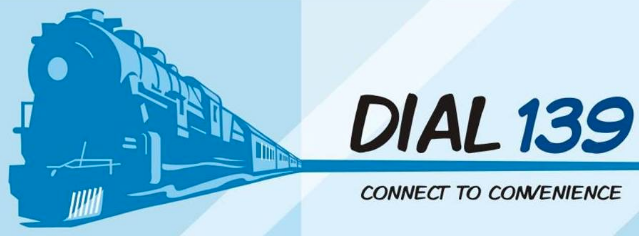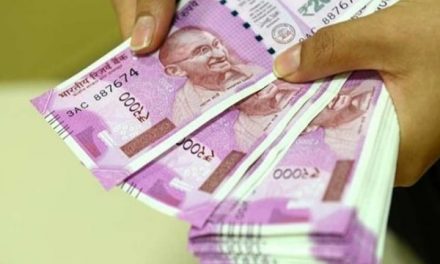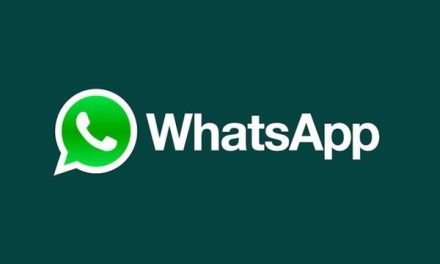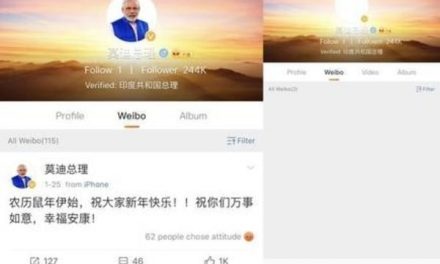Indian Railways have converted 139 into a single helpline number for the convenience of passengers. From today, 1st January 2020, rail passengers will no longer have to call multiple numbers to seek help or information. The single helpline number will be based on an interactive voice response system. Now, railway passengers need not remember multiple numbers, instead, they just need to remember one number 139 for all their queries and complaints will be answered through this single helpline number.
HIGHLIGHTS Of Indian Railways Helpline:
- From today, 1st January 2020, rail passengers will no longer have to call multiple numbers to seek help or information
- Railway Minister Piyush Goyal tweeted the news along with a video
Railway Minister Piyush Goyal tweeted the news along with a video. The video showed that railway grievance helplines such as 138 (for general complaints), 182 (Railway security), 1800111321 (for catering services), 1072 (for accidents and safety), 152210 (for vigilance and corruption), 58888 (for clean my coach) 138 (medical emergency) and 9717630982 (for SMS complaints) will be discontinued. Instead of all these multiple numbers, an integrated railway helpline 139 will take over all existing numbers. So from today onwards, for any information or complaints or help you need to just call or SMS on 139.

139, the single helpline number facility, is available in 12 languages.
What railway passengers need to do:
-First dial Railways’ single helpline number, 139
-After that press 1 for security or medical-related help
-Press 2 for PNR, train ticket fare or ticket booking related information
-Press 3 for catering related complaints
-Press 4 for general complaints
-Press 5 for alertness and corruption
-Press 6 for accident-related information
-Press 9 to know the status of your complaints
-Press * to talk to call centre executive
Railway passengers can just call on this single helpline number for all basic enquiries of train running and reservation-related like PNR status, ticket (general and Tatkal) availability, train arrival, departure, diverted and cancelled schedules, seat availability, ticket cancellation, fare, destination alert, wake-up call etc.












